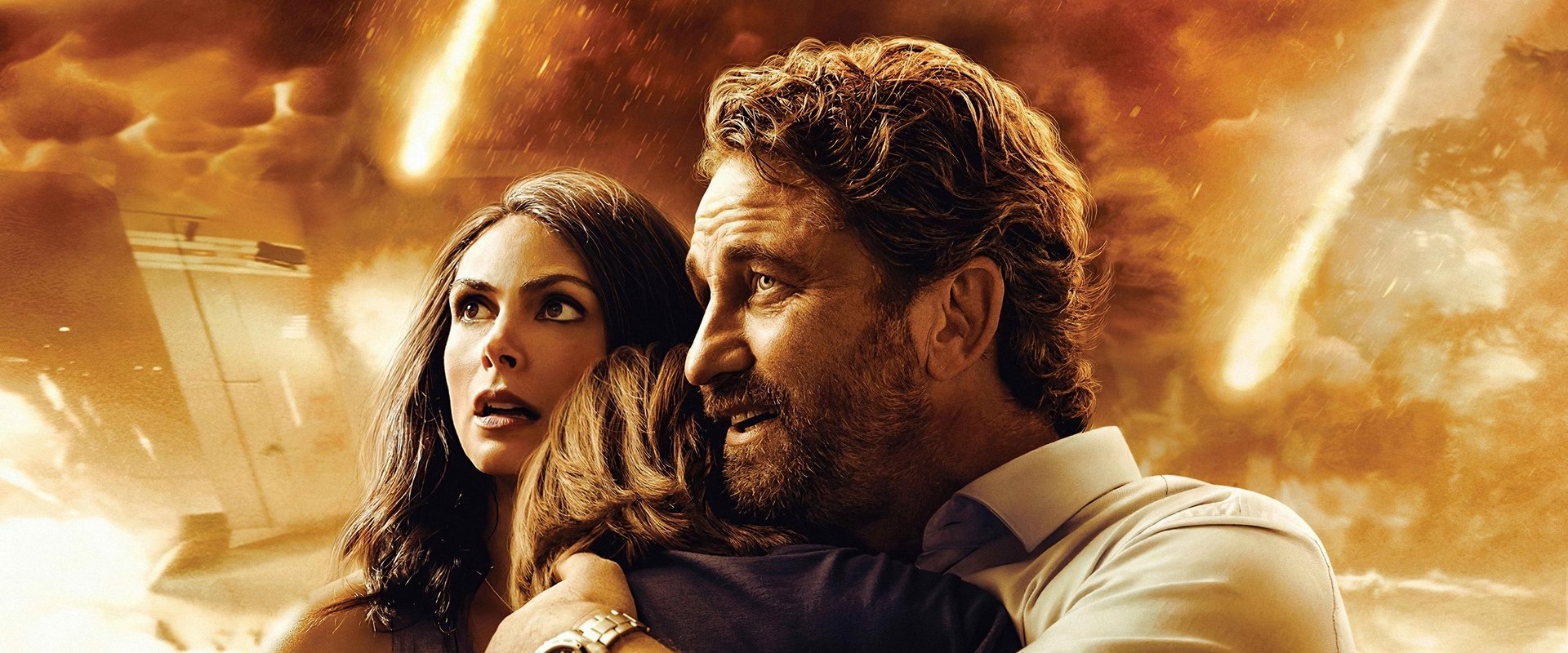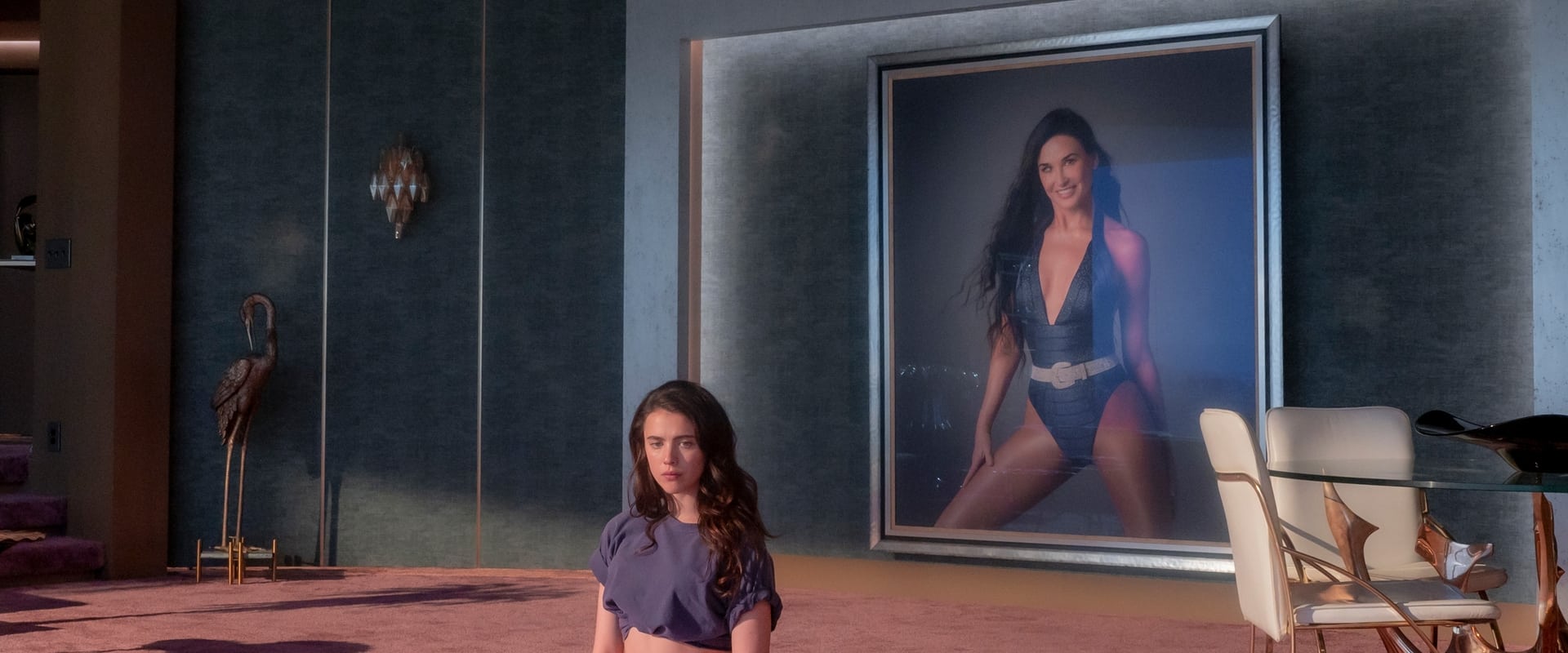How do you make a disaster film in 2020, when going outside to check the mailbox felt like auditioning for “Contagion 2”? The answer, in “Greenland,” is with impressive restraint: it’s a comet-disaster movie that, instead of blowing up the White House for the nineteenth time, asks you to remember to bring your son’s insulin.
The first thing you realize is how almost sedate the movie is about the end of the world. Here’s Gerard Butler, whose recent outputs could be used to chart Western civilization’s own slow collapse, now trying to save the remains of Atlanta (and his family) from a Duncan Hines layer cake of extinction-level comet debris. In a living room full of neighbors, as peaceful as yoga practitioners waiting for a mat, Butler receives The Call: a government selection for survival. Beyond the Willy Wonka golden ticket, with a lot more bureaucrats and a lot less chocolate.
Emotional wells do roil deep below. There’s a scene where one of his neighbors, shaking and panicked, begs Butler’s John Garrity to take her child, too. A heavy lifeboat dilemma: do you save your family, or your soul? The movie quickly reaches a point of moral dilemma that disaster movies sometimes reach when they stop to remember human beings are involved. Just like a well-mannered visitor at a tense meal, the film scrapes away before it really gets fun. It dispatches a subplot about kidnappers off-screen, not wanting to subject us to abhorrence and perhaps to narrative sophistication. Morena Baccarin’s character Allison has some authentic moments, particularly when she’s separate from Butler, guiding her diabetic son through a shattered United States with a mother’s stubbornness. These aren’t accomplished individuals, but they’re not dumb either (a positive thing for the genre).
The storyline assembles itself at a diligent clip, methodically ticking disaster-movie boxes like a civil servant. Traffic jam. Looting. There is a scene where Gerry Butler, whose Scottish accent weighs more than “180 pounds,” attempts to bluff his way onto a private plane, try not to laugh as he earns glances by sucking his cheeks and guesses at convincing weight for a “serious” middle-aged action hero.
Maybe its a problem: the film keeps teasing chaos, but since it wouldn’t set foot inside. What are the actual odds that a mother would find her kidnapped son in between the wave of terrified refugees? “Greenland” is more than happy to rely on coincidences thick as comet dust. The movie wants catharsis but it is terrified of messes—odd for a genre that is also about things going apart.
Still, I found the emphasis on the small stuff refreshing: a family attempting to stitch itself together as the planet, quite literally, is torn apart. The investment emotionally is more interesting than the sky-fissiling pyrotechnics, and in a year when we teetered one heartbeat from our cosmic obliteration, who could blame them for wanting the happily ever after moment.
“Greenland” is a well-behaved apocalypse. It’s never stupid like a Roland Emmerich movie, nor is it audacious like the beginning of “Deep Impact,” but again it doesn’t fall into Gerard Butler’s dumpster of recent roles. At the end of it all, it’s a movie that plays it right—even when the world is ablaze—because in 2020, maybe we’ve all seen enough reality by now.
And I sat there watching and cheering for these completely ordinary people. I didn’t necessarily get what I wanted in originality, but I got a family holding hands over the rubble. Sometimes that’s the story of survival you’re after, and alright—I’ll accept it. But if there is a sequel, I want at least one scene where the destiny of humanity is determined by the honesty about your weight.


